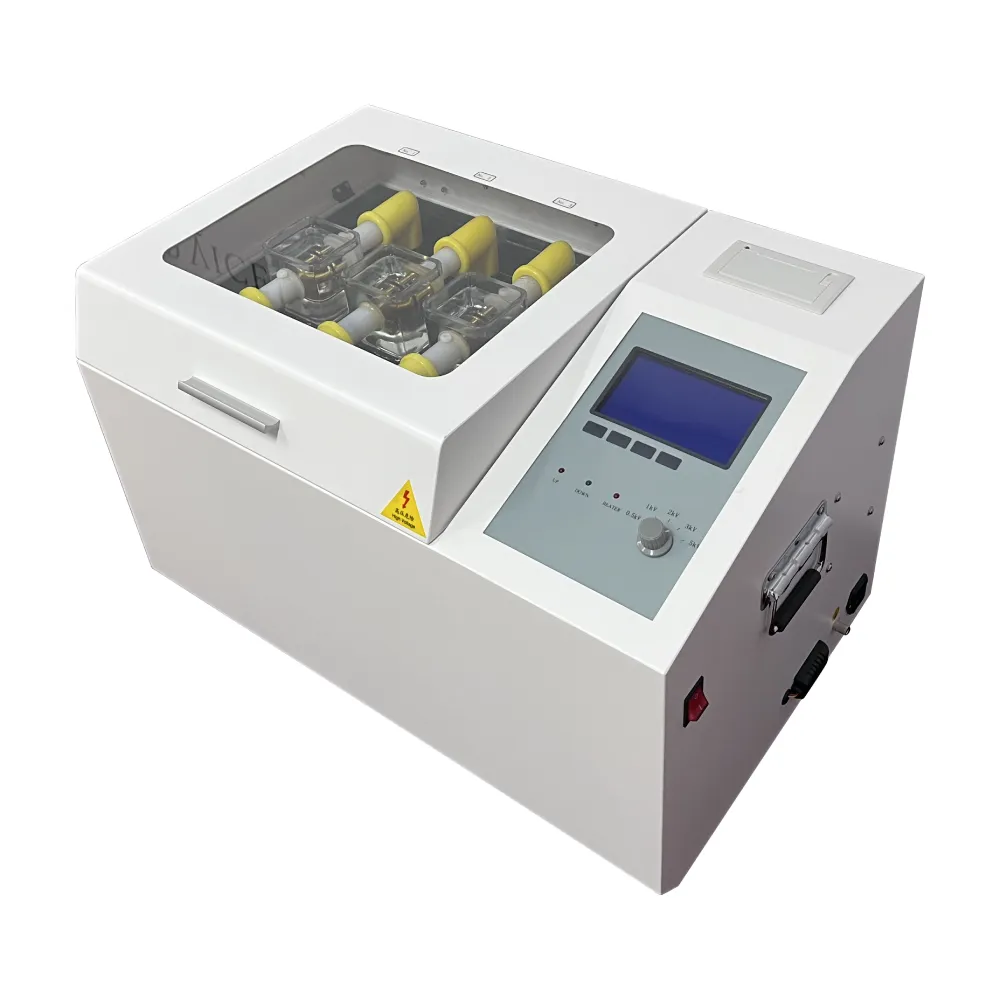 English
English



-
 Afrikaans
Afrikaans -
 Albanian
Albanian -
 Amharic
Amharic -
 Arabic
Arabic -
 Armenian
Armenian -
 Azerbaijani
Azerbaijani -
 Basque
Basque -
 Belarusian
Belarusian -
 Bengali
Bengali -
 Bosnian
Bosnian -
 Bulgarian
Bulgarian -
 Catalan
Catalan -
 Cebuano
Cebuano -
 China
China -
 China (Taiwan)
China (Taiwan) -
 Corsican
Corsican -
 Croatian
Croatian -
 Czech
Czech -
 Danish
Danish -
 Dutch
Dutch -
 English
English -
 Esperanto
Esperanto -
 Estonian
Estonian -
 Finnish
Finnish -
 French
French -
 Frisian
Frisian -
 Galician
Galician -
 Georgian
Georgian -
 German
German -
 Greek
Greek -
 Gujarati
Gujarati -
 Haitian Creole
Haitian Creole -
 hausa
hausa -
 hawaiian
hawaiian -
 Hebrew
Hebrew -
 Hindi
Hindi -
 Miao
Miao -
 Hungarian
Hungarian -
 Icelandic
Icelandic -
 igbo
igbo -
 Indonesian
Indonesian -
 irish
irish -
 Italian
Italian -
 Japanese
Japanese -
 Javanese
Javanese -
 Kannada
Kannada -
 kazakh
kazakh -
 Khmer
Khmer -
 Rwandese
Rwandese -
 Korean
Korean -
 Kurdish
Kurdish -
 Kyrgyz
Kyrgyz -
 Lao
Lao -
 Latin
Latin -
 Latvian
Latvian -
 Lithuanian
Lithuanian -
 Luxembourgish
Luxembourgish -
 Macedonian
Macedonian -
 Malgashi
Malgashi -
 Malay
Malay -
 Malayalam
Malayalam -
 Maltese
Maltese -
 Maori
Maori -
 Marathi
Marathi -
 Mongolian
Mongolian -
 Myanmar
Myanmar -
 Nepali
Nepali -
 Norwegian
Norwegian -
 Norwegian
Norwegian -
 Occitan
Occitan -
 Pashto
Pashto -
 Persian
Persian -
 Polish
Polish -
 Portuguese
Portuguese -
 Punjabi
Punjabi -
 Romanian
Romanian -
 Russian
Russian -
 Samoan
Samoan -
 Scottish Gaelic
Scottish Gaelic -
 Serbian
Serbian -
 Sesotho
Sesotho -
 Shona
Shona -
 Sindhi
Sindhi -
 Sinhala
Sinhala -
 Slovak
Slovak -
 Slovenian
Slovenian -
 Somali
Somali -
 Spanish
Spanish -
 Sundanese
Sundanese -
 Swahili
Swahili -
 Swedish
Swedish -
 Tagalog
Tagalog -
 Tajik
Tajik -
 Tamil
Tamil -
 Tatar
Tatar -
 Telugu
Telugu -
 Thai
Thai -
 Turkish
Turkish -
 Turkmen
Turkmen -
 Ukrainian
Ukrainian -
 Urdu
Urdu -
 Uighur
Uighur -
 Uzbek
Uzbek -
 Vietnamese
Vietnamese -
 Welsh
Welsh -
 Bantu
Bantu -
 Yiddish
Yiddish -
 Yoruba
Yoruba -
 Zulu
Zulu
Understanding the Importance of Hipot Testing in Electrical Equipment Safety
Understanding Hipot Equipment and Its Importance in Electrical Testing
Hipot equipment, short for high potential tester, is a crucial tool used in the electrical industry to ensure the safety and reliability of electrical devices and systems. This equipment plays a vital role in electrical testing, particularly in verifying the insulation of electrical products and systems. By applying a high voltage to the device under test (DUT), hipot testing helps identify insulation breakdowns and potential safety hazards before products reach the market.
What is Hipot Testing?
Hipot testing involves applying a high voltage (usually much greater than the device's normal operational voltage) between the conductors and the casing or between different conductors. The objective is to stress the insulation system of the device to a level that exceeds its maximum operating voltage. There are several types of hipot tests, including
1. Dielectric Withstand Testing (DWV) This test checks if the insulation can withstand high voltages without breaking down. 2. Insulation Resistance Testing (IR) This focuses on measuring the resistance of the insulation to evaluate its integrity. 3. Leakage Current Testing This assesses the amount of leakage current that can flow through the insulation when a high voltage is applied.
These tests are imperative for ensuring compliance with safety standards and preventing electrical shocks or fires caused by insulation failure.
Importance of Hipot Equipment
hipot equipment

1. Safety Assurance The primary purpose of hipot testing is to ensure that electrical devices are safe for use. Electrical failures can lead to catastrophic consequences, including injuries and property damage. By utilizing hipot equipment, manufacturers can certify that their products meet stringent safety regulations.
2. Quality Control Hipot testing is a vital part of quality control in manufacturing processes. It helps identify defects in insulation materials or manufacturing processes, enabling companies to address issues early in production. This proactive approach saves time and money while ensuring high-quality products.
3. Regulatory Compliance Numerous industries are governed by strict safety regulations and standards, such as the Underwriters Laboratories (UL) and International Electrotechnical Commission (IEC). Regular hipot testing helps companies ensure compliance with these regulations, thus safeguarding their reputations and minimizing legal liabilities.
4. Extending Product Lifespan Regular testing of electrical devices can catch insulation problems before they worsen, thus extending the lifespan of the equipment. By identifying potential failures early, companies can reduce maintenance costs and downtime.
5. Environmentally Friendly Practices By ensuring the reliability of electrical devices, hipot testing contributes to environmentally responsible practices. Faulty electrical devices can lead to hazardous waste and increased carbon footprints. By promoting safer products, the industry can move towards more sustainable practices.
Conclusion
Hipot equipment serves as a critical safeguard in the electrical industry, playing an essential role in ensuring product safety, quality control, and regulatory compliance. Through rigorous testing, manufacturers can confirm that their products are reliable and safe for consumers. As technology advances and electrical devices become more integrated into our daily lives, the importance of hipot testing will only continue to grow. Investing in quality hipot equipment is not just a regulatory requirement; it is a commitment to safety and quality that ultimately benefits both manufacturers and consumers alike.
-
Testing Equipment Industry Sees Major Advancements in 2025: Smart & Precision Technologies Lead the WayNewsJun.06,2025
-
Applications of Direct Current Generators in Renewable Energy SystemsNewsJun.05,2025
-
Hipot Tester Calibration and Accuracy GuidelinesNewsJun.05,2025
-
Digital Circuit Breaker Analyzer Features and BenefitsNewsJun.05,2025
-
Benefits of Real-Time Power Quality Monitoring Devices for Industrial EfficiencyNewsJun.05,2025
-
Earth Fault Loop Testing in High-Rise Building Electrical SystemsNewsJun.05,2025



